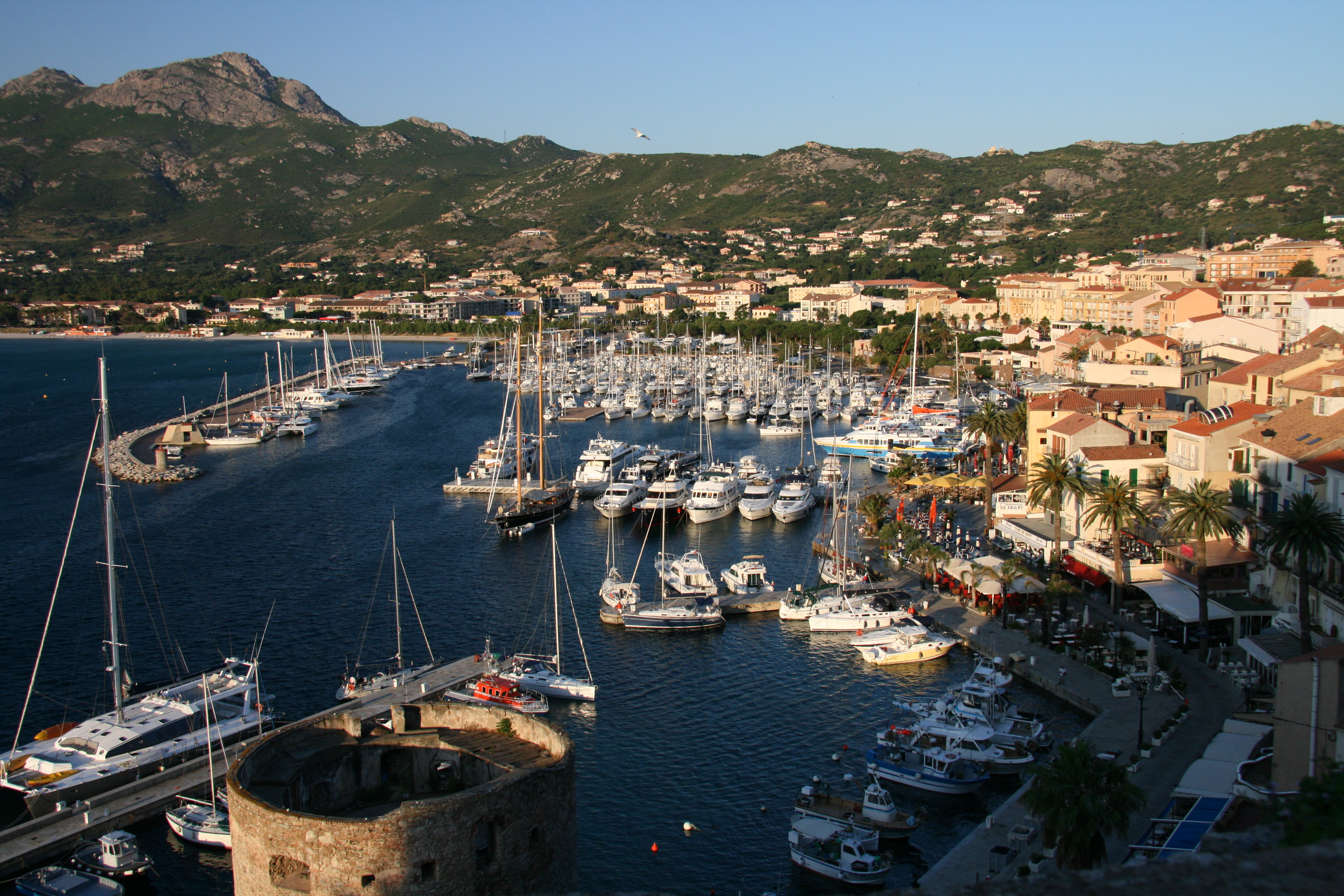
November 5, 2013, by Guest blog
Wandering donkeys and goats..sums up life in Corsica
Post by Josephine Adams
Since my arrival, I have regularly heard Corsica described as a place that the French consider to be more like Italy than France, and which the Italians consider to be culturally French. Politically a part of mainland France, but situated closer to Italy, this Mediterranean island, with its turbulent history of invasions and rebellion, definitely has its own identity, and I have come across quite a large proportion of people of all ages who refuse to be labelled as French, proudly stating instead that they are Corsican.
In Ajaccio, as in the rest of France, there is an established tradition of naming roads after people who have been influential in the area. Here you will find an abundance of streets honouring military figures, many of whom played an important role in the liberation of Corsica during the Second World War, but even this trend pales into insignificance when you take account of the proportion of public places whose names bear homage to Ajaccio’s most famous ‘export’, Napoleon Bonaparte. The main street, Cours Napoléon really is the centre of the town, offering most things you could want to buy, as well as a stunning view across the bay.
Never having lived in a coastal, or even a tourist-y place, it still strikes me as strange that there is reliably at least one cruise liner in the port every day, even as late as the end of October, when the holiday season is coming to a close. Visiting Napoleon’s house and any of the museums, cafés, markets and beaches nearby definitely makes for an interesting day around town however, even if you live here.
Another place to see in the centre of Ajaccio is the citadel. This fortress, overlooking the beach was one of the earlier ones to be built on the island, as protection from the Genovese who invaded in the early 16th century and it has been used in various guises ever since. The Ajaccian citadel is still used by the French military, which means that access to the public is forbidden, there are however, donkeys and goats wandering around in the grounds, a slightly surreal situation, which somehow seems to effectively sum up life in Corsica; strongly linked to the mainland, but with a certain element of unpredictability which almost seems to stem from a lack of identity, characteristic of a small island which has changed hands numerous times during the last few centuries and remains somewhat uncertain about where it’s loyalties lie.
No comments yet, fill out a comment to be the first

 English
English
Leave a Reply